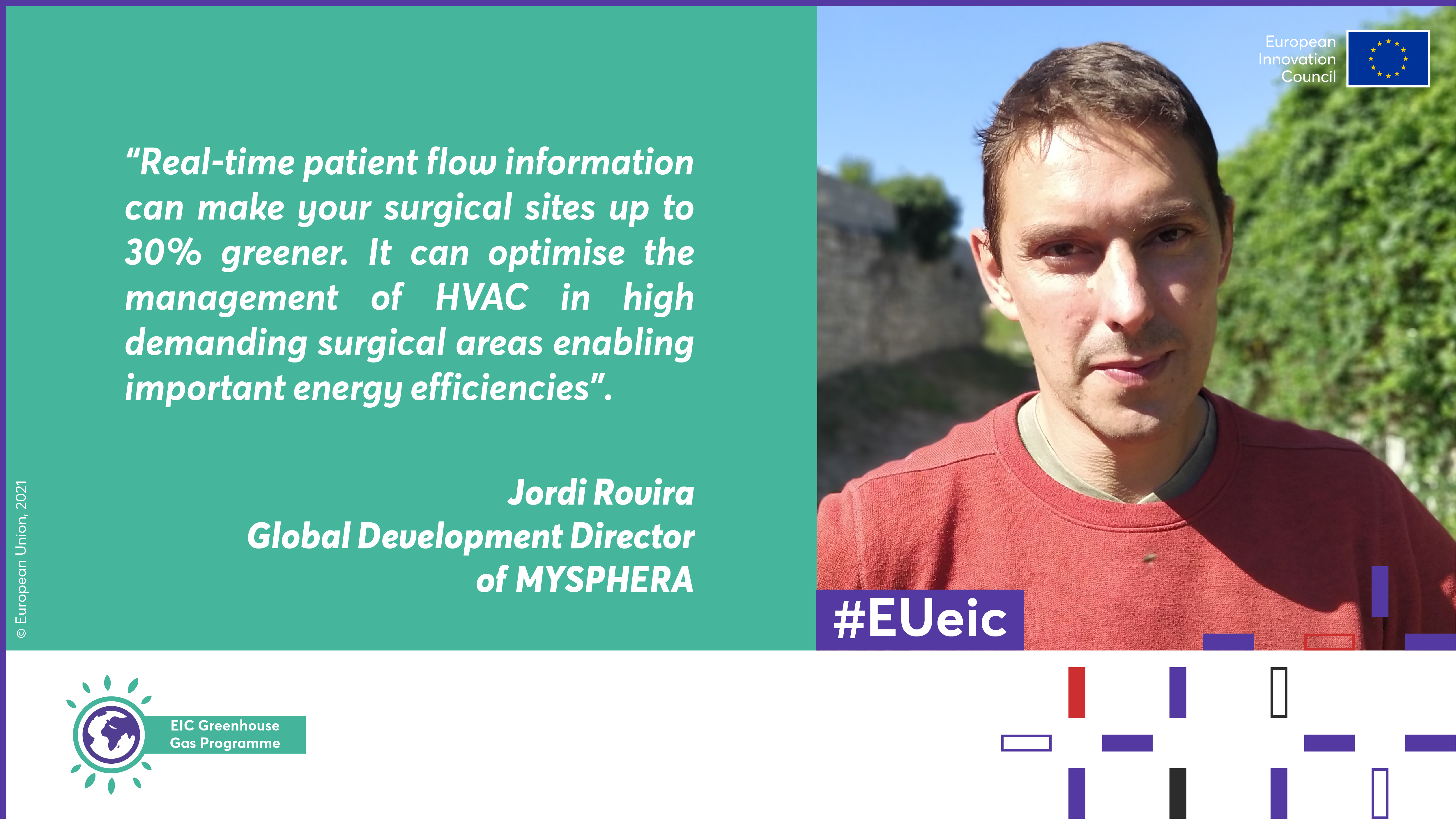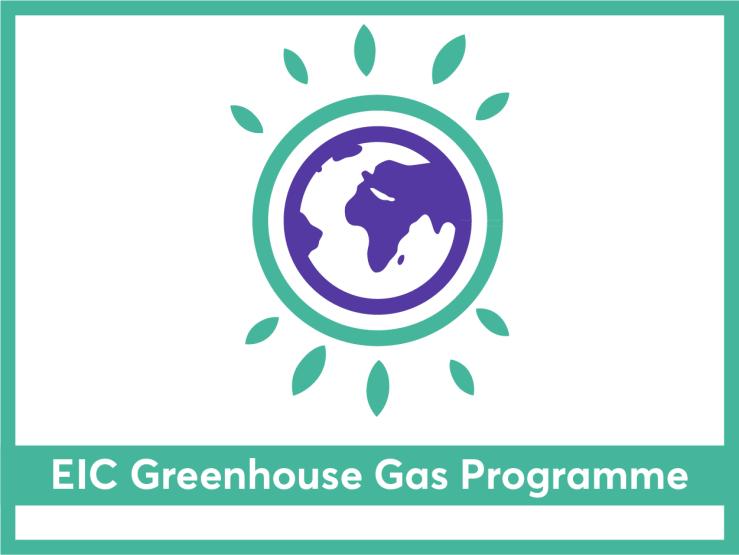More and more companies are implementing carbon reduction measures, products and innovations, but taking that step to go green can require a lot of work and effort. With the EIC Greenhouse Gas Programme, the EIC wants to further stimulate and support companies to reduce their carbon footprint. For those that still need a gentle nudge in the right direction, we gathered several inspiring EIC companies for you, innovators that are taking the motto "climate action is a business case" to the next level. In this week’s edition, we meet with MYSPHERA, a Spanish-based company that developed a surgical automated patient-flow energy control tool that allows hospitals to adapt climate conditions inside operating rooms.
Having the best interests of a patient in mind during medical procedures is of the utmost importance. Knowing that fully well, MYSPHERA decided to make the lives of patients and hospitals easier. How? By creating an innovative tool for the desired effect.
With a clear notion that surgical blocks are the most energy demanding units inside a hospital, whose consumptions represent 20-40% of the total energy expenditure, MYSPHERA put thought into creating a system that could control strict temperatures, air pressure and humidity over 24 hours in those units. Not to mention also help contain microbial contamination, which results in high energy consumption levels. All this is to help healthcare organisations and achieve the goals set by the European Green Deal.
Considering that, MYSPHERA has developed the tool Green OR4.0 (part of the European project Operating Room 4.0) to help provide solutions during stressful and demanding daily surgical processes.
What is MYSPHERA’s vision? To automatically personalise the right environmental level for each operating room without staff intervention, putting it in rest mode in-between cases, and turning it off at night and during weekends.
As a result (and example) of this innovative tool, the Vall d’Hebron University hospital that possesses 19 operating rooms has saved around 30% of the total energy spent in their surgery unit alone. That represents a saving per OR of approximately 110MWh/year and a cost reduction of 150.000€ per year (7.895€/OR year).
Another positive thing about this tool is the increase of surgical performance by more than 12% in two years. That ended up boosting the capacity of the surgical units and added more than 1000 surgical interventions, moving from 8.154 to more than 9.200, again, in two years. It directly impacted - and in a positive way - surgical blocks and patients waiting lists.
As a company committed to innovation and sustainability, Jordi Rovira (Global Development Director of the company) stated that: “Real-time patient flow information can make your surgical sites up to 30% greener. It can optimise the management of HVAC in high demanding surgical areas enabling important energy efficiencies”. Big (small) steps that make all the difference.

About the EIC GHG programme
With the EIC GHG programme, part of the Business Acceleration Services, the EIC offers its beneficiaries the support and expertise needed to assess, track and efficiently reduce their carbon footprint through the use of a dedicated GHG tool, monthly webinars and further support services.
In addition, co-creation activities with corporates, industrial associations, regions in carbon transition and other SME are currently ongoing. Applications for the EIC GHG: (TBC) are still open! More information on the EIC GHG programme can be found here.

DISCLAIMER: This information is provided in the interest of knowledge sharing and should not be interpreted as the official view of the European Commission, or any other organisation.

